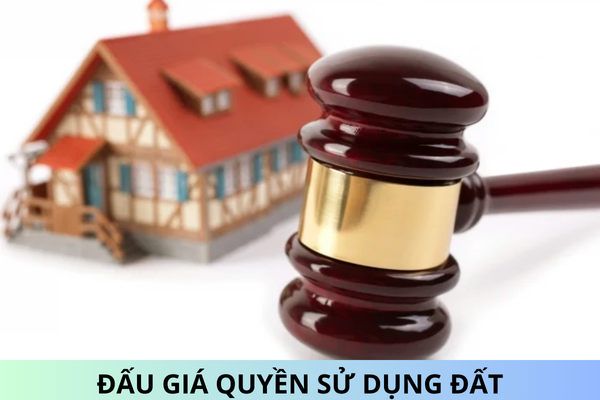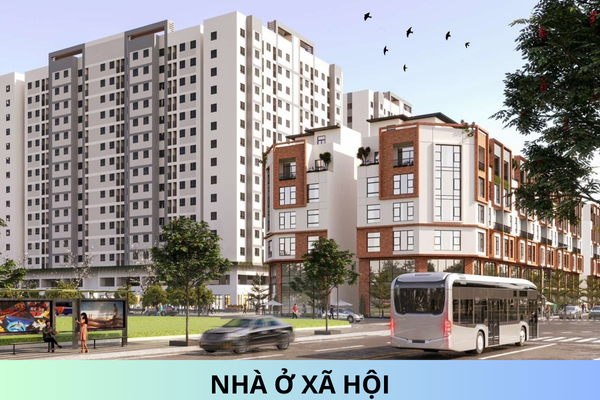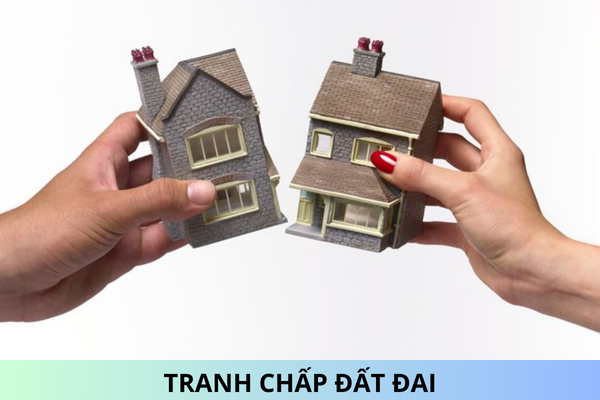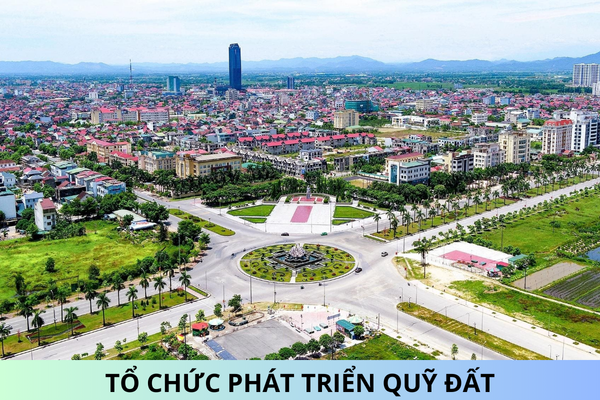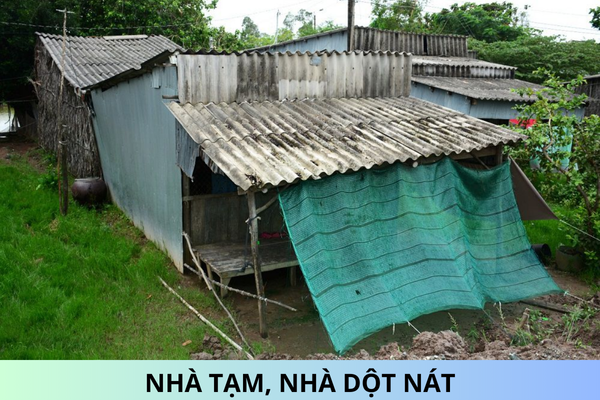Will the draft Housing Law (amended) and Real Estate Business Law (amended) be presented to the National Assembly at the 6th session of the 15th National Assembly in Vietnam?
Will the draft Housing Law (amended) and Real Estate Business Law (amended) be presented to the National Assembly at the 6th session of the 15th National Assembly in Vietnam? - Question from Mr. Tuan (Hanoi).
Will the draft Housing Law (amended) and Real Estate Business Law (amended) be presented to the National Assembly at the 6th session of the 15th National Assembly in Vietnam?
According to in Resolution 144/NQ-CP in 2023, the Government requires the Ministry of Construction to implement the following contents:
The Ministry of Construction presides and coordinates with agencies and localities:
a) Proactively work and coordinate closely with National Assembly agencies in the process of completing the draft Housing Law (amended) and Real Estate Business Law (amended) to submit to the National Assembly for approval at the 6th session, ensuring quality, progress, and best serving the requirements of removing practical difficulties and goals of decentralization, reform, and simplification of administrative procedures in construction investment activities.
b) Implement more drastic, strong and specific solutions to remove difficulties and obstacles and promote the real estate market to develop safely, healthily and sustainably according to Resolution No. 33/NQ- CP dated March 11, 2023 of the Government. Closely coordinate with the State Bank of Vietnam, agencies and localities to effectively implement the Project "Investment in building at least 01 million social housing units for low-income people and industrial park workers period 2021 - 2030" and a credit package of 120 trillion VND.
Thus, in the near future, the Ministry of Construction will have task of coordinating with agencies and localities to complete the draft Housing Law (amended) and Real Estate Business Law (amended) to submit to the National Assembly for approval at the 6th session, 15th National Assembly (October 2023) in Vietnam.

What are forms of legal homeownership recognition in Vietnam?
In Article 8 of the 2014 Housing Law, there are regulations on entities eligible for the homeownership recognition as follows:
Entities eligible for the homeownership recognition
1. Vietnamese entities; overseas Vietnamese permitted to enter Vietnam; foreign entities prescribed in Article 160 in this Law.
2. Entities having legitimate housing through following transactions:
a) Vietnamese entities who invest in housing construction, purchase, enter into lease purchase agreements, receive gifts, receive inheritance, receive capital contribution, exchange houses, or make other transactions prescribed in regulations of law .
b) Overseas Vietnamese who enter into agreements on commercial housing purchase, lease purchase with enterprises or cooperatives conducting real estate trading (hereinafter referred to as real estate enterprise); agreements on housing purchase, gifting, exchange, inheritance with households or individuals; agreements on residential land transfer in the project on commercial housing construction which is permitted to divide the piece of land into smaller lots/plots for sales as prescribed.
c) Foreign entities who enter into agreements as prescribed in Clause 2 Article 159 of this Law.
Thus, forms of legal homeownership recognition in Vietnam include:
- Vietnamese entities who invest in housing construction, purchase, enter into lease purchase agreements, receive gifts, receive inheritance, receive capital contribution, exchange houses, or make other transactions prescribed in regulations of law;
- For Vietnamese people residing abroad in the form of:
+ Buying, renting and purchasing commercial housing from enterprises and real estate business cooperatives;
+ Buying, receiving as gifts, receiving exchanges, and inheriting houses from households and individuals; receive transfer of residential land use rights in commercial housing construction investment projects that are allowed to sell the land to self-organize housing construction according to the provisions of law;
- For foreign organizations and individuals, through the following forms:
+ Investing in housing construction projects in Vietnam according to the provisions of this Law and relevant laws;
+ Buying, renting-purchasing, receiving gifts, and inheriting commercial housing including apartments and individual houses in housing construction investment projects, except for areas ensuring national defense and security according to regulations.
What are rights of domestic organizations, households, individuals, and Vietnamese residing abroad to own houses in Vietnam?
In Clause 1, Article 10 of the 2014 Housing Law, there are regulations on rights of homeowners and occupiers as follows:
1. If the homeowner is a Vietnamese entity or an oversea Vietnamese, he/she shall have rights to:
a) Enjoy inalienable rights to his/her lawful housing;
b) Use the house for residential purposes and other purposes not prohibited by regulations of law.
c) Obtain the Certificate of the house(s) under their lawful homeownership as prescribed in this Law and law on land;
d) Sell housing or transfer the agreement on housing purchase, lease , lease and purchase, gifting, exchange, inheritance, mortgage, capital contribution, lending, permission for stay, or authorize housing management ; if the agreement on housing gifting or inheritance is concluded with an entity ineligible for the homeownership in Vietnam, such entity is only entitled to the value of the house;
dd) Share the public utilities in that residential area as prescribed in this Law and relevant regulations of law.
The owner of an apartment building has the right to ownership and enjoyment of the common areas and infrastructural works of such apartment building, exclusive of buildings for business or transfer to the State as prescribed, and the agreement on housing sale or lease purchase;
e) Maintain, renovate, demolish, or rebuild his/her house as prescribed in this Law and law on construction.
g) Receive the compensation as prescribed in regulations of law or payment according to fair market price when their house is demolished, imposed compulsory purchase order, or commandeered by the State for national defense and security purposes; for socio-economic development purposes, or in the state of war, state of emergency, or disaster situations;
h) File complaints, denunciation, or lawsuits over violations against their lawful ownership and other violations against law on housing.
Best regards!


